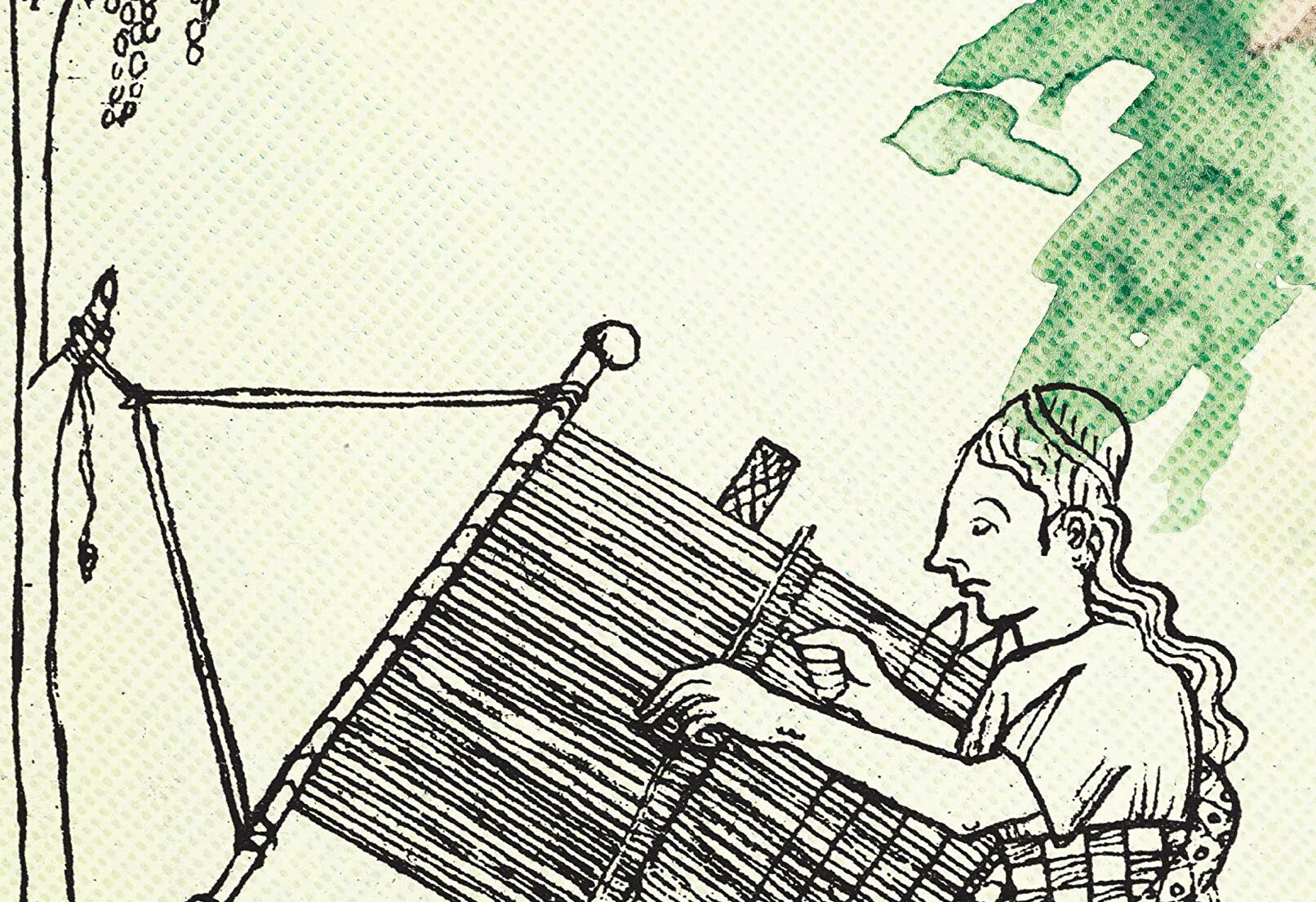I selected the original text Ch’ixinakax utxima: Una reflexion sobre practices y discursos colonizadores [on practices and discourses of decolonisation] by Bolivian Mestiza Sociologist Silvia Rivera Cusicanqui for this reading group, offering the English text as an option alongside. While the original book was published in 2010, the English translation was published in 2020, providing some differences in readings between time and context. The English text provides more accessible insight into to English decolonial thought of the current moment.
My reading of the text was as an exploration of her investigation into decolonisation both as a theoretical approach and as it is navigated in South America. She uses history and visual sociology to unpack the way in which Latin American elites, primarily those criollos of European descent in power, are colonial (in their practices and in their thinking) and how Indigenous people before colonisation were a modern population. I see the provision of an agentic and powerful position to Indigenous peoples of the Andean area, primarily Quechua people.
The text is a challenge to the narrative of modernity in European contexts, and sociology in itself.
Silvia’s book develops an argument covering the political resistance of the Indigenous population until very recently. This recognises the continued violence of colonisation, first from the Spanish colonisers and then from the male elite of European descent in South America. Part of this violence is the unacknowledged mestizaje: A mestizo who is not too black, or brown, is kind of pale; a kind of white but not white. Instead of reconciliation, Silvia speaks for political recognition of the mestizaje. By doing this, she challenges the ruling class and elite ideas of Latin American historians who have described mestizaje as a form of whiteness. She locates the political struggle of the mestizaje.
Members of the reading group discussed how the text introduces the politics and history of Indigenous peoples, narrating their views and stories. The text goes some way in narrating their own history, outside of the ruling class Latin American history and how modernity has been understood. We particularly discussed Silvia’s example of El Gato’s market and the way in which Indigenous peoples traded their goods and created knowledge. We supported these examples as evidence of Indigenous modernity.
Our discussion emphasised the links between Indigenous peoples of South America with with ideas of self-determination in terms of rights as opposed to the imposition of a nation-state built by the ruling class in the nineteenth century. By arguing the view towards Indigenous modernity, Silvia narrates a history of Indigeneity from an Indigenous perspective, rather from scholars of European descent narrating Latin American history.



